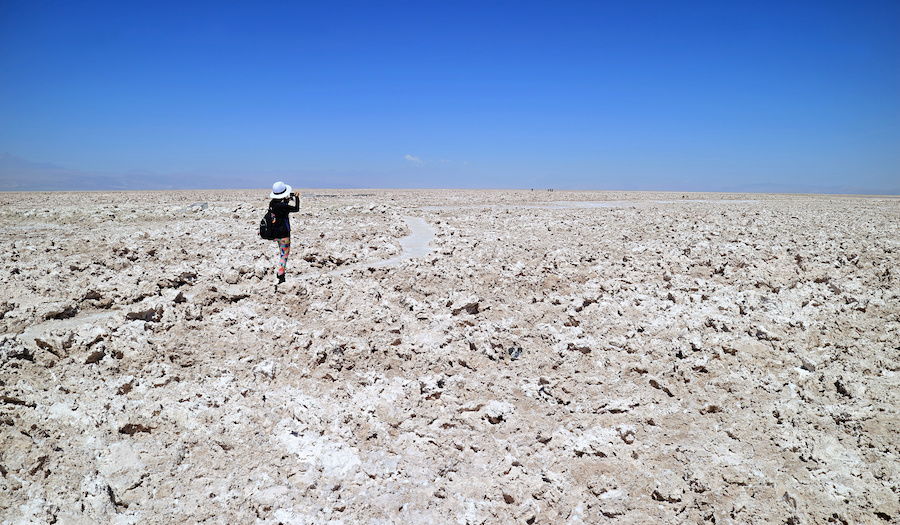SQM files project to cut water, brine extraction in Chile

The goal is to limit water extraction to 120 litres per second (l/s) from the wells Mullay-1, Allana-1, Socaire-5 and CA-2015 by 2028.
In terms of brine — lithium carbonate-rich saline groundwater — SQM aims to reduce extraction 822l/s in the same period.
Chile is currently experiencing the longest drought in decades. The central region alone, where the majority of both the country’s population and key copper mines are located, has seen rainfall decrease by more than 30% over the last 20 years.
The situation is not only is impacting miners, but also farmers and wine makers, which has led the authorities to reform the nation’s water code.
The country’s SMA environmental regulator in 2016 charged SQM with overdrawing lithium-rich brine from the Salar de Atacama salt flat, prompting the company to develop a $25 million plan to bring its operations back into compliance.
Authorities approved that plan in 2019 but reversed their decision in 2020, forcing the miner to start again from scratch on a potentially tougher plan.
In the summer of 2021, indigenous communities living around Chile’s Atacama salt flat asked authorities to suspend SQM’s operating permits or make it reduce its operations until submitting an environmental compliance plan, which was filed this week.
The company recently announced it had commissioned a third-party audit of its operations against the world’s most rigorous standard of best environmental and social practices — the Initiative for Responsible Mining Assurance (IRMA)’s Standard for Responsible Mining.
White ambitions
SQM and world’s no. 1 lithium miner Albemarle (NYSE: ALB) are the only two companies currently producing the battery metal in Chile.
The copper-rich country currently generates about 29% of the world supply, but it plans to double production by 2025 to about 250,000 tonnes of lithium carbonate equivalent (LCE).
Global demand for the metal, according to Chile’s projections, will quadruple by 2030, reaching 1.8 million tonnes of lithium. Available supply by then is expected to sit at 1.5 million tonnes.
Chile’s Atacama region supplies nearly one-quarter of the globe’s lithium.
Lawmakers, academics, environmentalists, local communities, German carmaker Volkswagen and Chilean courts have all emphasized the importance of an environmental study to help dispel lingering questions on the impact of lithium mining in Chile.




